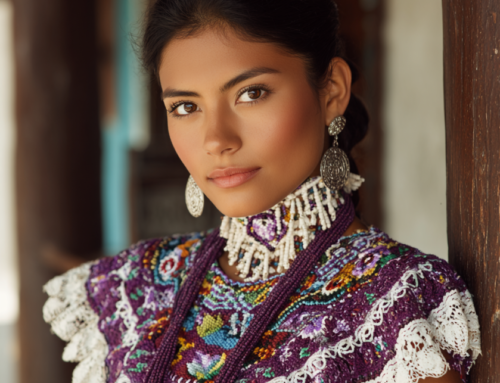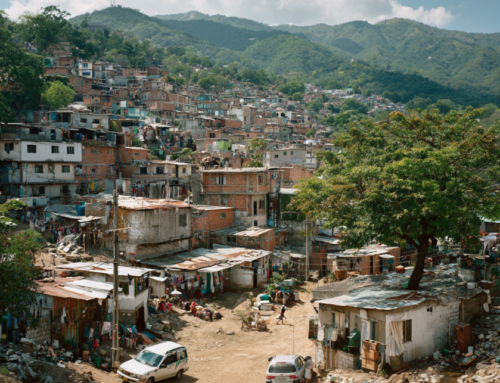By Mike Savage, New Canaan, CT Honduran Historian
Honduran literature is a vibrant and rich tapestry that reflects the nation’s diverse history, culture, and social dynamics.
From pre-Columbian narratives to contemporary works, Honduran authors, poets, and playwrights have contributed significantly to the literary world, offering a unique lens through which to view their country.
Previously, I’ve explored the rich culture of Honduras with a glimpse into things like the gastronomic wonderlands of the country. So moving from the kitchen to the library, let’s take a look at the notable achievements, themes, and historical context of Honduran literature.
Historical Context of Honduran Literature
Pre-Columbian and Colonial Periods
Before the arrival of the Spanish, the indigenous populations of Honduras, such as the Lenca and Maya, had rich oral traditions that included myths, legends, and religious narratives. These stories were passed down through generations and form the foundation of the country’s literary heritage.
The Spanish conquest introduced European literary forms and the Spanish language, significantly influencing local literature. During the colonial period, writing was primarily the domain of Spanish missionaries and administrators who produced religious texts, chronicles, and reports.
19th Century: Birth of National Literature
Honduran literature began to emerge distinctly in the 19th century, a period marked by the country’s independence from Spanish rule in 1821. This era saw the rise of patriotic and romantic literature. Notable figures include Froylán Turcios, whose works often dealt with themes of nationalism and social justice.
Key Themes in Honduran Literature
National Identity and Social Justice
A prominent theme in Honduran literature is the exploration of national identity and the quest for social justice. Writers often delve into the struggles and aspirations of the Honduran people, reflecting the socio-political realities of their times.
Indigenous Heritage and Cultural Fusion
Honduran authors frequently explore the nation’s indigenous heritage and the fusion of cultures that characterize the country. This includes a reflection on the pre-Columbian past and the ongoing influence of indigenous traditions in contemporary society.
Exile and Political Struggle
Given Honduras’ turbulent political history, themes of exile, political struggle, and resistance against oppression are recurrent in its literature. Many writers have used their works as a means to critique authoritarian regimes and advocate for democracy and human rights.
Notable Honduran Writers and Their Achievements
Ramón Amaya Amador
One of the most influential figures in Honduran literature, Ramón Amaya Amador (1916-1966), is best known for his novel “Prisión Verde” (1950), which vividly depicts the exploitation of banana plantation workers and criticizes the United Fruit Company’s dominance in Honduras. Amaya Amador’s works are celebrated for their social realism and commitment to the struggles of the working class.
Lucila Gamero de Medina
Lucila Gamero de Medina (1873-1964) was a pioneering female writer whose novels and short stories often centered on women’s experiences and social issues. Her notable work “Blanca Olmedo” (1908) addresses themes of love, oppression, and social injustice, making it a cornerstone of Honduran feminist literature.
Roberto Sosa
Roberto Sosa (1930-2011) was an acclaimed poet whose work reflects the socio-political landscape of Honduras. His poetry collection “Los Pobres” (1969) won the Casa de las Américas Prize and is known for its poignant portrayal of poverty and marginalization. Sosa’s poetry often combines social critique with a deep humanistic perspective.
Julio Escoto
Julio Escoto (b. 1944) is a contemporary writer whose novels and essays explore historical and political themes. His novel “El árbol de los pañuelos” (1989) delves into the complexities of Honduran identity and history, blending magical realism with historical narrative.
Helen Umaña
Helen Umaña (b. 1942) is a literary critic and essayist who has made significant contributions to the study and promotion of Central American literature. Her critical works provide valuable insights into the themes and development of Honduran and regional literature.
Modern and Contemporary Honduran Literature
New Voices and Emerging Trends
In recent decades, a new generation of Honduran writers has emerged, addressing contemporary issues such as globalization, migration, and environmental concerns. Authors like Gioconda Belli and Horacio Castellanos Moya have gained international recognition for their works that often intertwine personal and political narratives.
Poetry and Short Stories
Honduran poetry and short stories continue to thrive, with writers exploring a range of themes from personal introspection to social critique. The use of innovative narrative techniques and a blend of traditional and modern influences characterize much of the contemporary literary output.
Honduran literature is a dynamic and evolving field that offers profound insights into the country’s history, culture, and social dynamics.
From the passionate works of 19th-century nationalists to the critical voices of contemporary authors, Honduran writers have continually enriched the literary landscape. Their works not only reflect the complexities of Honduran identity but also contribute to broader conversations about justice, identity, and humanity in the global literary community.
ABOUT MIKE SAVAGE OF NEW CANAAN, CT
Michael Savage from New Canaan is the Founder of 1-800 Accountant that helps businesses with their accounting services and needs through cutting-edge technology and customer support. He runs the company alongside CEO Brendon Pack.
In his spare time, Savage enjoys creating unique koi ponds, collecting Michael Jordan sneakers, vintage Lego sets, and admiring muscle cars and unique pop art. He and his wife also spearhead the Savage-Rivera foundation to help impoverished families in Honduras.




